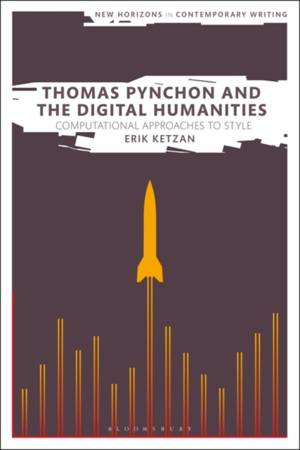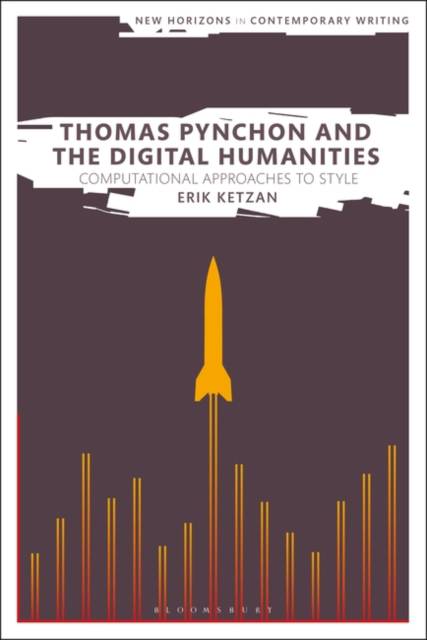
- Afhalen na 1 uur in een winkel met voorraad
- Gratis thuislevering in België vanaf € 30
- Ruim aanbod met 7 miljoen producten
- Afhalen na 1 uur in een winkel met voorraad
- Gratis thuislevering in België vanaf € 30
- Ruim aanbod met 7 miljoen producten
Omschrijving
Thomas Pynchon's style has dazzled and bewildered readers and critics since the 1960s, and this book employs computational methods from the digital humanities to reveal heretofore unknown stylistic trends over the course of Pynchon's career, as well as challenge critical assumptions regarding foregrounded and supposedly "Pynchonesque" stylistic features: ambiguity/vagueness, acronyms, ellipsis marks, profanity, and archaic stylistics in Mason & Dixon.
As the first book-length stylistic or computational stylistic examination of Pynchon's oeuvre, Thomas Pynchon and the Digital Humanities provides a groundwork of stylistic experiments and interpretations, with over 60 graphs and tables, presented in a manner in which both technical and non-technical audiences may follow.
Specificaties
Betrokkenen
- Auteur(s):
- Uitgeverij:
Inhoud
- Aantal bladzijden:
- 288
- Taal:
- Engels
- Reeks:
Eigenschappen
- Productcode (EAN):
- 9781350211834
- Verschijningsdatum:
- 18/11/2021
- Uitvoering:
- Hardcover
- Formaat:
- Genaaid
- Afmetingen:
- 156 mm x 234 mm
- Gewicht:
- 576 g

Alleen bij Standaard Boekhandel
Beoordelingen
We publiceren alleen reviews die voldoen aan de voorwaarden voor reviews. Bekijk onze voorwaarden voor reviews.







